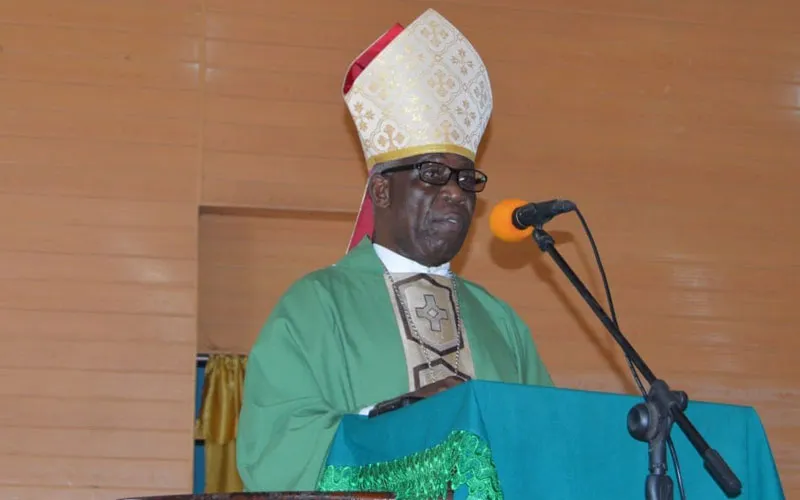In his statement, he also calls on the government officials serving in Oti and Volta regions “to re-examine whatever agreement they must have reached with companies which have been invited or contracted to mine these resources namely: the iron ore, the gold and the lithium.”
The Oti Regional Minister, Joshua G. Makubu, said mining of the mineral is expected to start in 2023.
In his November 21 statement, Akwasi says mining of the mineral will have implications that “outweigh the benefits that could be derived from mining the mineral resources.”
“Mining may generally create employment opportunities for local people. However, the obvious reality we know is that the quality of life of the people has been reduced due to denial of access to farm lands, leading to hunger and its related challenges,” he says.
The 75-year-old Catholic Bishop who has been at the helm of Jasikan Diocese since his Episcopal Ordination in May 1995 adds that in some excavation areas in the West African nation, the “inordinate quest for wealth” has enabled the use of chemicals and hazardous methods of mining, which harm the environment.
“Apart from the heavy ground-moving equipment that is being used – something that is a far cry from what our ancestors used in mining gold and other minerals without disturbing the environment, such dangerous chemicals as Lead, Cadmium, Zinc, Mercury, Arsenic, Chromium, Cyanide and Copper which have been introduced into mining activities with careless abandon, do nothing but cause harm to the growth, development, reproduction, and behavior of living things,” he says.
The Ghanaian Catholic Bishop of further says that the chemicals have destroyed sources of domestic water, thus putting stress on women and children “who now walk very long distances in search of clean water, taking us back to the practices of very olden days.”
“All these have negative correlation on the health of the people and the quality of education of children,” he says, adding that large plantations such as cocoa and oil palm have been destroyed by mining activities.
The destruction of the plantations has affected the livelihoods of the people who can no longer engage in any meaningful subsistence farming, because of unavailability of productive land that is necessary to supplement their food needs, he says, adding that “local people in mining communities in Ghana are left poorer than a few decades ago.”
In the light of the highlighted challenges, the Ghanaian Bishop says that “a few pertinent questions arise.”








